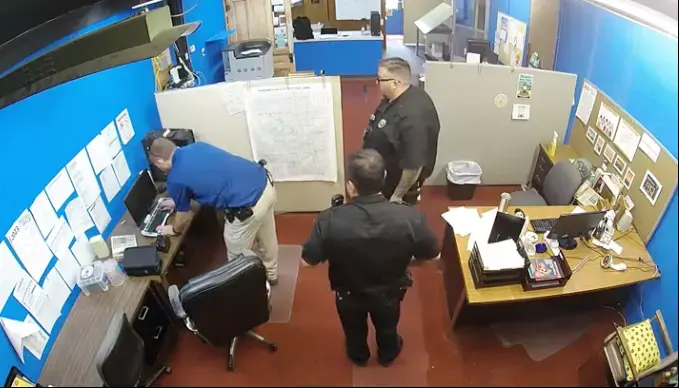Summary
-
The Marion County Record newsroom in Kansas was raided by police, who seized two cellphones, four computers, a backup hard drive, and reporting materials.
-
A computer seized was most likely unencrypted. Law enforcement officials hope that devices seized during a raid are unencrypted, as this makes them easier to examine.
-
Modern iPhones and Android phones are encrypted by default, but older devices may not be.
-
Desktop computers typically do not have encryption enabled by default, so it is important to turn this on manually.
-
Use strong random passwords and keep them in a password manager.
-
During the raid, police seized a single backup hard drive. It is important to have multiple backups of your data in case one is lost or stolen.
-
You can encrypt USB storage devices using BitLocker To Go on Windows, or Disk Utility on macOS.
-
All major desktop operating systems support Veracrypt, which can be used to encrypt entire drives.
Main Take-aways
-
Encrypt your devices, drives, and USBs.
-
Use strong random passwords and password manager.
-
Have multiple backups.



The FBI are going to copy your data before it’s re-encrypted but these hill-billy sheriffs would unplug them and haul them off.